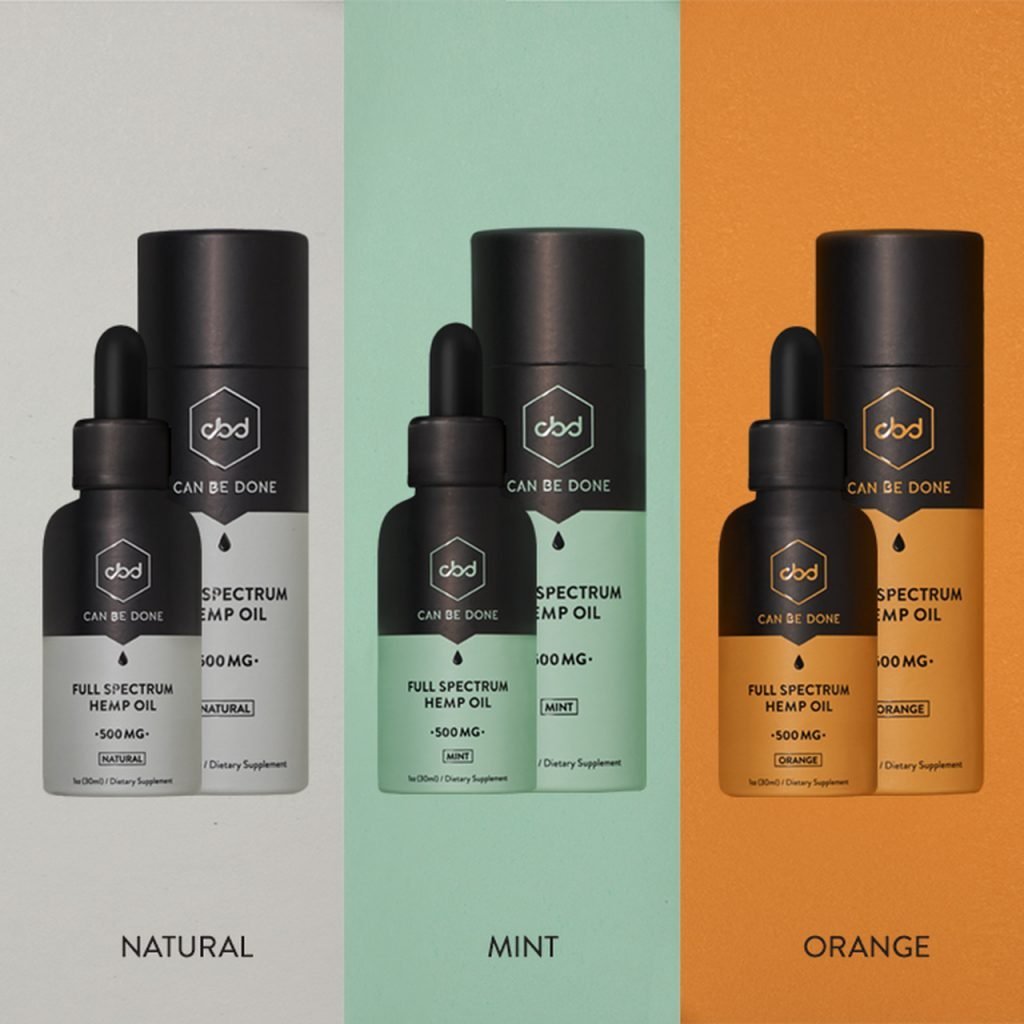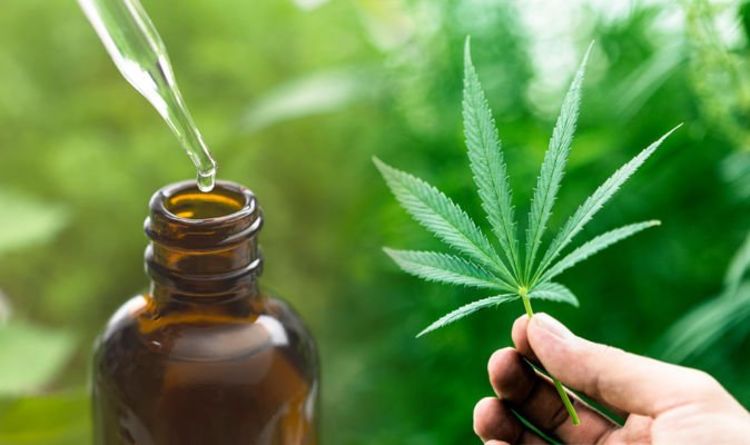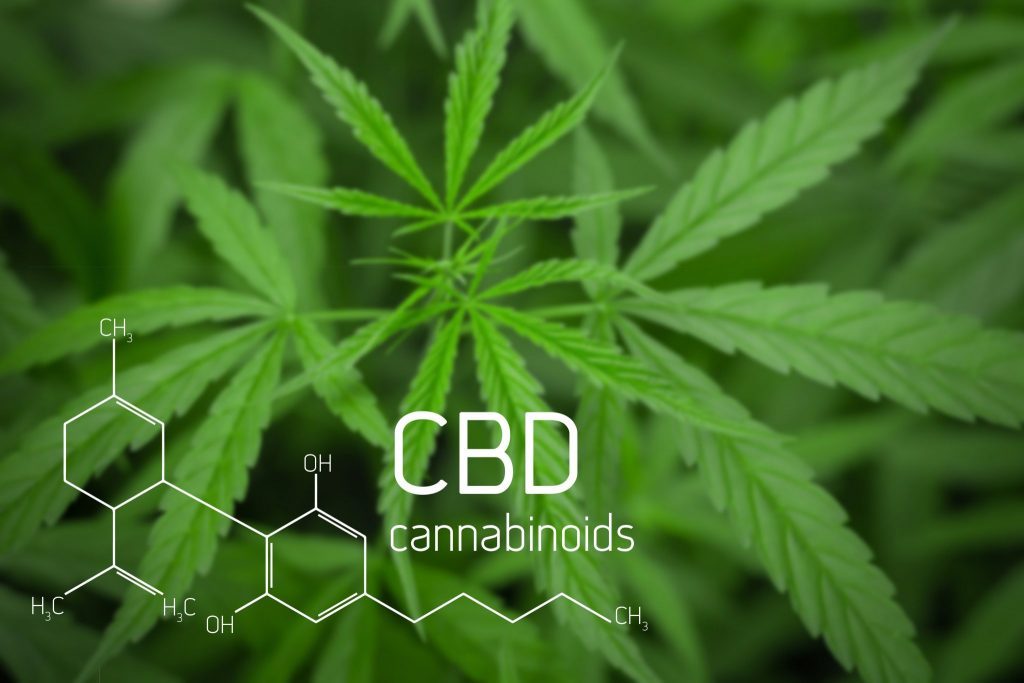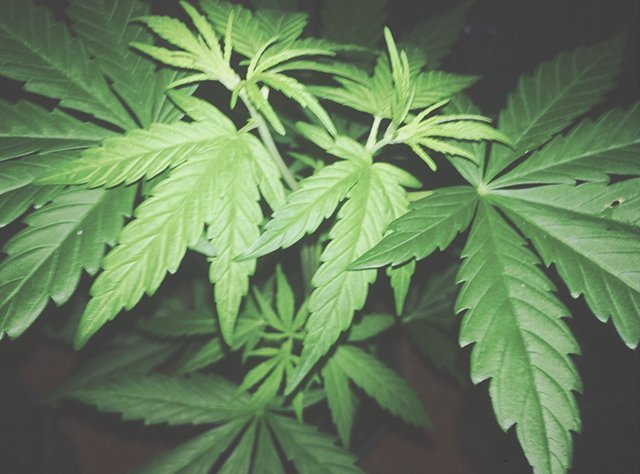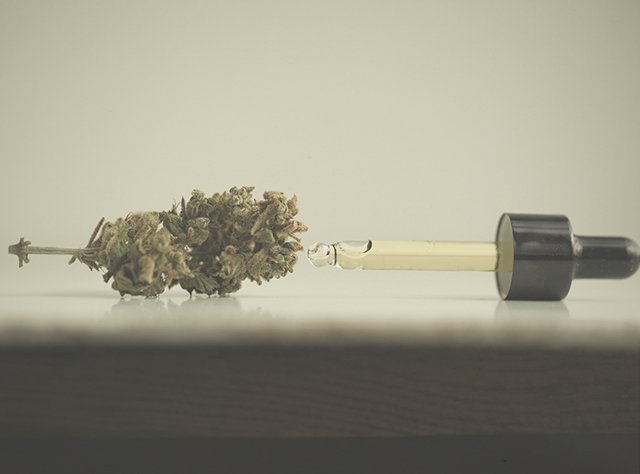

What is CBD oil? CBD (cannabidiol) has to be perhaps the most discussed topic in recent months. You might also have heard of its purported ability to treat a number of common illnesses that range from anxiety, insomnia and even the management of chronic pain. There are numerous ongoing studies aimed at gathering more data on the efficacy of CBD as an alternative medication. However, how much do you know about CBD oil? In this article, we’ll be discussing what CBD oil is, what it can be used for, the benefits and potential side effects.
CBD oils are a big deal right now and for good reason. Recent studies on opioid addiction treatment and chronic pain management have demonstrated just how effective CBD can be. What most people don’t understand however is, what CBD oils are, how they work and what the difference is from medical cannabis.
Where does CBD Oil Come From?
CBD is sourced from hemp and marijuana, which are both plants belonging to the cannabis species. CBD is water-insoluble but is soluble in lipid-based media such as organic oils and solvents like alcohol. This is why hemp seed oil, coconut oil or olive oil are common carriers (Can Be Done‘s included). Certain cannabis plants are modified to express increased amounts of cannabidiol and lesser amounts of the primary psychotropic agent, Tetrahydrocannabinol (THC). Hemp plants have higher CBD content and very low THC amounts. On the other hand, marijuana plants have high amounts of THC and low CBD.
CBD is first isolated from plant extracts using a number of methods that include oil solvents and alcohol-based solvents. However, extraction using CO2 is better because it gives a higher and cleaner yield with fewer byproducts (Can Be Done‘s preferred method) . The extraction process is fairly simple when there is little to no THC. However, the process involves several more complex steps to remove the THC for THC-rich plant extracts.
What is CBD Oil Used For?
Initial studies have shown that CBD oil has immense therapeutic value. However, cannabis plants have been used for centuries to treat a number of illnesses and for recreational purposes. Some conditions CBD oil has been used to treat include:
- Pain relief: In a study, CBD oil provided relief from chronic and acute pain. Which were symptoms of an underlying condition such as Cancer, Multiple Sclerosis, musculoskeletal problems and more
- Anxiety, depression and insomnia: Studies conducted on individuals suffering from depression, anxiety and insomnia concluded that CBD oil provided relief from symptoms of anxiety, depression and improved their sleep scores over a period of one month
- Improved cardiovascular health: CBD oil has been shown to lower blood pressure which is linked to strokes and heart attacks. CBD also helps with weight loss, a factor known to improve cardiovascular health over time
- Anti-tumor properties: Studies have suggested the possibility of CBD being an anti-cancer drug. Initial tests on mice showed significant inhibition in the growth of cancerous cells. CBD interfered with the growth and proliferation of tumor cell lines
- Treatment of pediatric epilepsy: The FDA has approved the use of a CBD-based drug in the management of epilepsy in children. The drug, Epidiolex, contains 100 mg/mL of CBD and has successfully treated seizures and similar associated symptoms
- Opioid addiction: In a study, CBD oil was effective in the treatment of opioid addiction. Subjects were dosed with CBD or a placebo in a controlled experiment. Individuals dosed with CBD oil showed decreased dependence on opioids and cue-induced cravings
CBD Oil and The Endocannabinoid System
CBD oil interacts with the Endocannabinoid System (ECS) via the CB1 and CB2 receptors. These receptors are responsible for many cognitive and physiological processes that include memory, mood, fertility, immunity, appetite, perception of pain and maintenance of a homeostatic balance. Since CBD has a low affinity for CB1 receptors, it doesn’t directly interact with the receptors. This is why CBD doesn’t cause a high when consumed. In fact, CBD may reverse the association of THC and CB1 receptors, which actually depresses the symptoms of a high.
CB2 receptors, which are found throughout the body and especially in the immune system, are responsible for CBD oil’s health benefits. These receptors promote endogenous cannabinoid secretion, which supercharges the immune system, enabling the body to fend off infections, reduce inflammation and pain, regulate cellular biochemistry and promote the proper functioning of bodily systems.
Potential Side Effects
Although CBD oils are for the most part well tolerated and considered generally safe, there have been a number of documented side effects. These include
- Diarrhea
- Nausea
- Vomiting
- Irritation of the skin (if applied topically)
- Changes in appetite
Is CBD Oil Right For You?
CBD oils can also cause negative drug interactions with a number of prescription drugs such as painkillers and some antibiotics. We recommend you to seek the opinion of a professional medical practitioner prior to self-medicating with CBD oil. Pregnant women are advised against consuming CBD products as they may cause growth and developmental problems in the unborn child. All in all, long term studies are ongoing to ascertain the safety of CBD oil with prolonged use.
In summary, CBD oil products are a promising alternative to conventional pharmaceutical interventions. It is our sincere hope that this CBD oil guide will help you fill in any blanks and clear whatever misgivings you may have had. As always, we wish you and your loved ones good health and we standing by with quality CBD products to help however we can.

